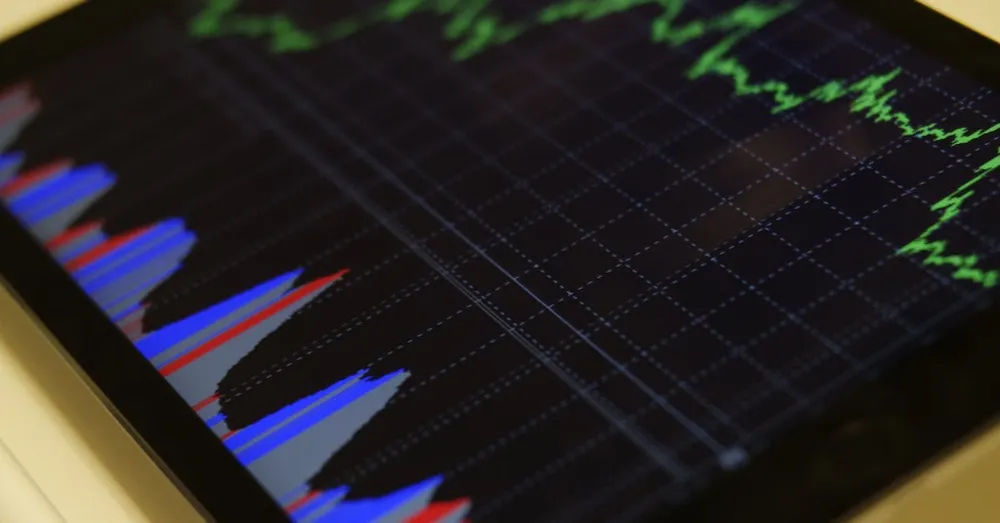
First, let's define what the FOREX market is. The FOREX market, also known as the foreign exchange market, is a decentralized global market where all the world's currencies trade. The FOREX market is the largest and most liquid financial market in the world, with an average daily trading volume of over $5 trillion. It operates 24 hours a day, five days a week, and allows traders to buy and sell currencies from all over the world.
One of the biggest advantages of the FOREX market is its high liquidity. This means that there are always buyers and sellers in the market, which makes it easy for traders to enter and exit trades quickly. This is particularly beneficial for traders who are looking to take advantage of short-term market movements, such as scalpers or day traders. The high liquidity of the FOREX market also makes it less prone to price manipulation, which can be a problem in other markets.
Another advantage of the FOREX market is its low barriers to entry. Unlike other markets, such as the stock market, traders do not need a large amount of capital to start trading in the FOREX market. Many FOREX brokers offer leverage, which allows traders to trade with more money than they have in their account. This means that traders can make significant profits with a relatively small investment. However, it is important to note that leverage also increases the risk of loss, so traders should always use caution when trading on leverage.
The FOREX market is also known for its round-the-clock trading hours. Because the market is decentralized and operates in multiple time zones, it is open for trading 24 hours a day, five days a week. This means that traders can enter and exit trades at any time, which is particularly beneficial for those who have other commitments or who live in different time zones.
Another advantage of the FOREX market is the availability of a wide variety of currency pairs. Traders can choose from a wide range of currency pairs, including major, minor, and exotic pairs. This means that traders have more opportunities to find a currency pair that is suitable for their trading strategy and risk tolerance.
Despite its many advantages, the FOREX market also has its fair share of disadvantages. One of the biggest disadvantages of the FOREX market is its high volatility. The FOREX market can be extremely volatile, and currency prices can move rapidly in response to economic events and political developments. This can make it difficult for traders to predict market movements and can result in significant losses.
Another disadvantage of the FOREX market is the lack of transparency. Because the FOREX market is decentralized, it can be difficult for traders to get a clear picture of market conditions and to make informed trading decisions. This can make it more challenging for traders to find profitable trades, and can increase the risk of loss.
In comparison, other markets like the stock market have advantages and disadvantages of their own. The stock market offers a greater number of investment opportunities, with a wide range of stocks to choose from across different sectors and regions. It also tends to be more regulated and transparent than the Forex market, which can be beneficial for some traders. However, stocks are generally less liquid than currencies, and
the entry barriers are typically higher. In addition, stock prices are often influenced by company-specific factors, such as earnings reports and management changes, which can make it difficult to predict market movements.
Another market that traders often consider is the commodity market. Commodities, such as gold, oil and agricultural products, are known for their low correlation with other markets, which can make them a good diversification option. They are also influenced by supply and demand factors, which can be more predictable than company-specific factors. However, commodity markets are also known for their high volatility and lack of transparency, which can make them a riskier option for some traders.
In conclusion, the FOREX market, like any other market, has its own unique set of advantages and disadvantages. While its high liquidity, low barriers to entry, and round-the-clock trading hours make it an attractive option for some traders, its high volatility and lack of transparency can make it a risky option for others. Traders should carefully consider their own risk tolerance and trading goals when deciding which market to trade in. It's also important to remember that diversifying your portfolio across different markets can help to reduce overall risk. It's always a good idea to try out a market with a demo account before investing real money.
In summary, the FOREX market is a highly liquid and decentralized market that is open 24 hours a day, five days a week. It offers a wide range of currency pairs and low barriers to entry, making it accessible to many traders. However, its high volatility and lack of transparency can make it a risky option. Traders should weigh the advantages and disadvantages of the FOREX market against other markets, such as the stock market, and consider their own risk tolerance and trading goals before deciding which market is best for them.
Комментарии
Отправить комментарий